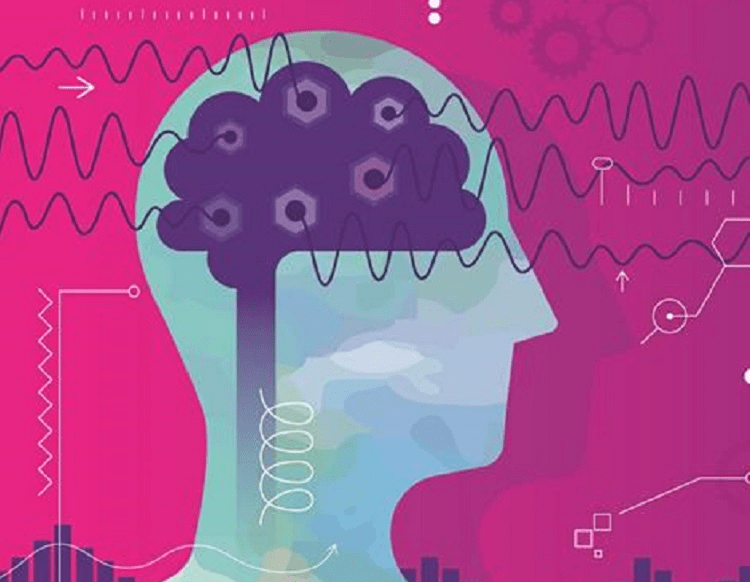When we drive to a place and park the car, most of us walk away without giving any thought about how to find the car when we want to leave. A team of researchers at Washington University in St. Louis plans to study how and where the brain stores this type of information so that it can be retrieved when needed.
ShiNung Ching, associate professor of electrical & systems engineering in the McKelvey School of Engineering, and Lawrence Snyder, MD, PhD, professor of neuroscience at the School of Medicine, will study short-term working memory in the brain — part of a broader effort to understand the link between the dynamics and function of neural circuits — with a three-year, $1.1 million grant from the National Institutes of Health (NIH)’s National Institute of Biomedical Imaging and Bioengineering and the National Institute of Mental Health. The grant is part of the NIH’s Brain Research through Advancing Innovative Neurotechnologies (BRAIN) Initiative aimed at revolutionizing the understanding of the human brain.
“Our goal is to take mathematical and computational theories about how resources are optimally allocated in different engineered settings, then use these ideas as a framework to think about how the brain might be allocating its resources to achieve working memory,” Ching said.
